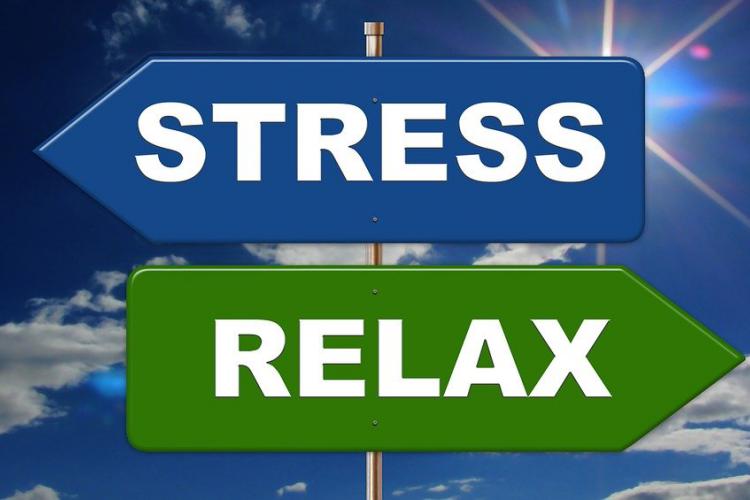
Psychological impact of the corona crisis on people with diabetes
Dr. Chantal Mathieu already said that there is no evidence that people with type 1 diabetes are more sensitive to the virus that causes Covid-19. As a diabetes patient, you are of course extra concerned about this because you always hear diabetes mentioned in the press.
Keep in mind: in times of terrorist threat or a pandemic, a healthy dose of fear is the best counselor. In other words, feelings of fear or even panic are all NORMAL responses in an ABNORMAL situation.
Fear, what kind of thing is it?
Accelerated breathing, increased muscle tone prepared our ancestors to fight or flee from a threat or dangerous beast. Images and figures in the news, mouth masks, the measures in the supermarket, in fact launch the same mechanisms in our brain. As a result, you will unconsciously tighten your muscles, sigh or hold your breath in fright, you will get short of breath, you will sweat, you will get palpitations. That is fear. Some of these physical reactions can be very similar to hypoglycaemia. Then be sure to check your glycemia so that you can rule this out. These reactions can also indicate that you are hyperventilating. However, this is unnecessary and not useful with an opponent you cannot hear or see. If you also think “yes, the virus has got me”, you even risk a panic attack.
We know from research that stress can have a negative impact on glycemic control. An increased stress level creates more stress hormone, cortisol, which can increase your glycemia. You have certainly noticed that in other circumstances.
What can you do to lower your stress level?
There are a number of basic rules that apply to everyone to ensure the best possible psychological health. Let us call it “psychological hygiene”, just as we should also pay attention to, for example, hand hygiene.
- Keep moving: go for a walk, run or bike ride alone, you can also do it with someone in your family or with one friend as long as you respect the rules of social distancing. Do not move by car, but stay close to you. If you do go out, take care of your equipment and supplies if you have a hypo on the way. There are also other alternatives to exercise: fun fitness or dance instruction videos circulate on the internet. Exercise can cause your general stress level to drop, which can have a beneficial effect on your glycemic control.
- Maintain structure: ensure structure in your day and night rhythm, ensure routine activities that bring peace and safety. Structure is also very important to maintain meal structure and glycemic monitoring. Are you in isolation and / or technically unemployed? Really try to structure your day in fixed blocks. Are there children at home who cannot go to school? Structure is also very important to them.
- Take Vitamin S: Stay in touch with others. Call and video chat with your loved ones. Written contact is also possible, but make sure you have a telephone or video call every now and then, this feels more like real contact. So stay connected, social vitamin, talk about your feelings and seek support. This is a better distraction than taking refuge in medication or alcohol. If you have questions about diabetes, you can always contact your diabetes team. Contact with loved ones again has a stress-reducing effect.
- A little self-censorship is allowed now: Limit your information channels and at what times you watch the news. Also choose reliable sources and beware of false news reports. The abundance of news can be terrifying. What is possible: find some humor about the situation, for example jokes about corona, funny videos and share this with your friends. Humor helps to forget your worries for a while and thus to lower stress again.
- Think your mind strong: The intensity of the situation can make you worry or negative thoughts can take over. Contribute helping thoughts and keep repeating them for yourself.Imagine the following: no one has ever died from too much fear, but some have from too little fear!
"I do what I can with the best of intentions."
"I don't know what's coming, but a little tension is normal now."
"I have already been faced with difficult fires and got through it well!"
"This will all be over soon and I'll just keep going until then."
"I just keep taking good care of myself and the others around me."
Also remember that if you are worried or overwhelmed by your own emotions or fears, you can always contact the psychologists of your diabetes team. If you don't know how to contact them, feel free to contact the diabetes educators at your center and they will be happy to put you in touch with the psychologist.
We will do it!
A lot of courage!
Amber van den Eynde and Wouter Van Der Borght, psychologists from the UZLeuven diabetes team
Leuven
1st of April 2020
